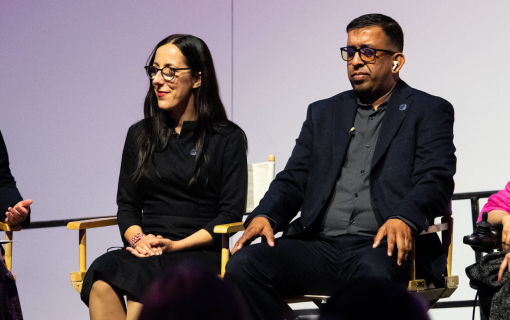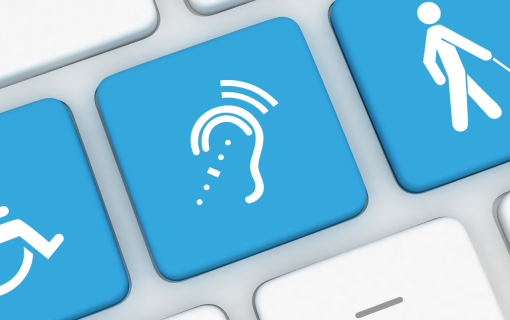The Convention on the Rights of Persons with Disabilities and Optional Protocol
Per Article 1 of the CRPD, the rights described apply to everyone with a disability, including “those who have long-term physical, mental, intellectual or sensory impairments.” Article 29 calls for nations to guarantee that persons with disabilities are able to fully and equally participate in political and public life.
In practice, this means promoting an inclusive environment wherein election management bodies take steps like drafting election laws that are not discriminatory toward persons with disabilities and organizing accessible voter registration and education drives and campaigns. For campaign materials and ballots, accessible formats include sign language, Braille and easy-to-read. Polling centers should include materials like tactile ballot guides and voting booths that are accessible to wheelchair users with standardized ramps and enough space to ensure privacy. In addition to participating in elections, people with disabilities can also serve as poll workers, election management body officials, observers and candidates.
Read the publication.









